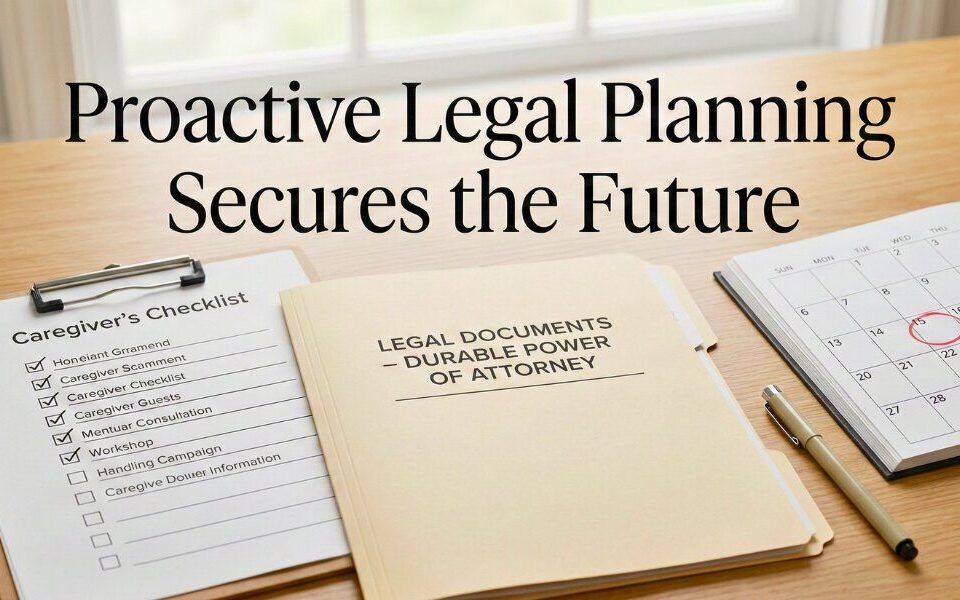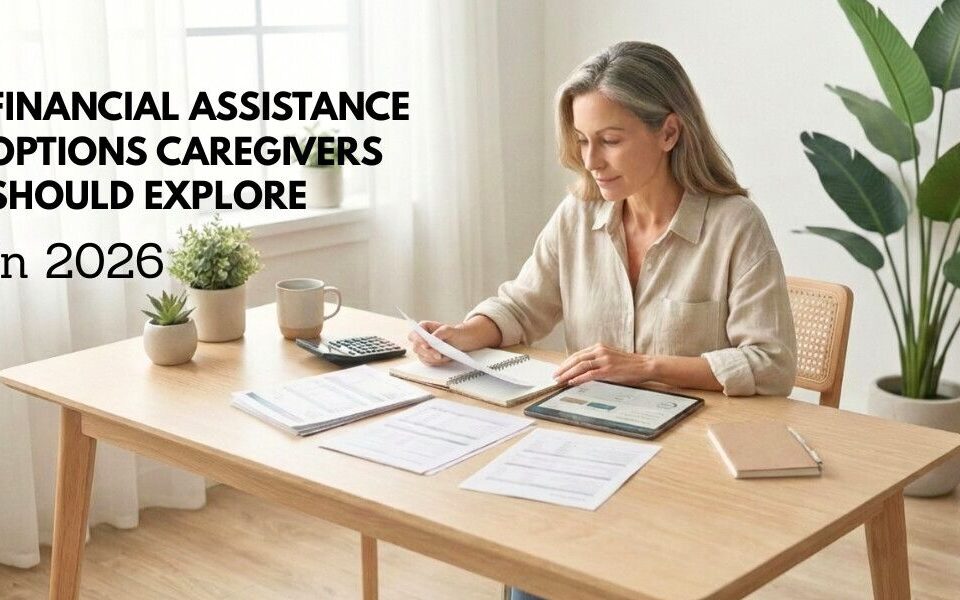Reverse mortgages are lending products specifically for older homeowners. While they can benefit some seniors in specific circumstances, they are not right for everyone. Making a poor decision with a reverse mortgage can have significant consequences. It can also put the property in jeopardy. But the question remains: What is a reverse mortgage?
This post will explain the basics of reverse mortgages.
What is a Reverse Mortgage? The Basics You Need to Know
What is Reverse Mortgage?
A reverse mortgage offers a way to borrow against your home equity. Lenders call it “reverse” because the lender pays the borrower. You can receive the money in a lump sum or monthly installments. The borrower also has no obligation to pay the loan back until they move, sell the property, or die. However, it is important to note that reverse mortgages come with interest and fees.
Seniors might take out reverse mortgages for many reasons. It could be to supplement their retirement income. Some may take a reverse mortgage to pay for home repairs. Whatever the reason, it is important to be careful when taking a loan against your home.
Requirements for Reverse Mortgages
Reverse mortgages are not available to all homeowners. To be eligible, you should meet the following requirements:
- Must be 62 or Older
- Must have Enough Equity in the Property
- Must Attend Counseling for Reverse Mortgage
Paying the Reverse Mortgage
You will eventually need to repay your reverse mortgage. One example is when you pass away. In that case, your heirs pay the loan. Usually, it means your heirs must sell the property to pay the loan. Another example is if you move from the property. If you move or sell the property, the loan will be due.
Property Requirements
If you own multiple homes, you might wonder if you can take a reverse mortgage on any of them. You can usually only take a reverse mortgage on your primary residence. That means a vacation home or investment property will not be eligible. The only exception is if you own a multiplex property and live in one of the units.
Avoiding Scams
Sadly, some people take advantage of senior adults who want to try reverse mortgages. Always remember to be vigilant when it comes to borrowing. Take your time deciding whether or not a reverse mortgage is right for you. Be wary of people trying to sell you on a reverse mortgage or rush your decision. If you do decide to get this home loan, take your time and compare options.
Getting a reverse mortgage is a big financial decision. Don’t rush into it, and take your time to learn about your options. You might also want to consult finance professionals to determine if there are better borrowing options for your situation.
Do you need elder law or estate planning services? Click here to contact Scott Law Offices. We are dedicated legal advocates for seniors. Reach out now to learn more about how we can help.
Thanks for visiting!




